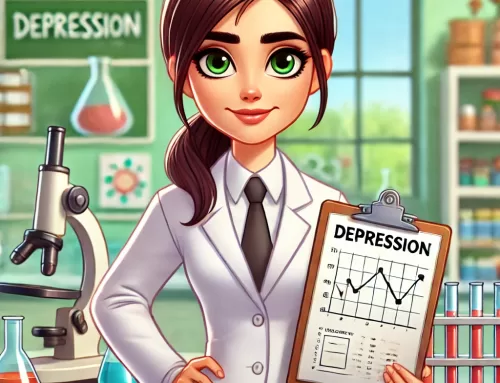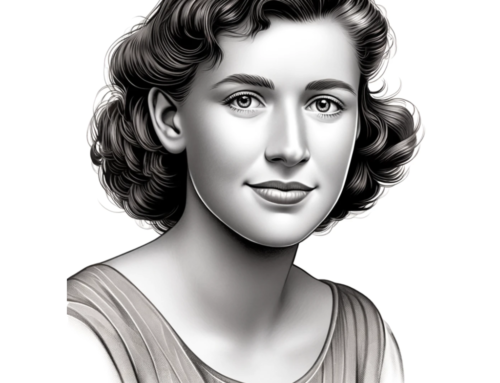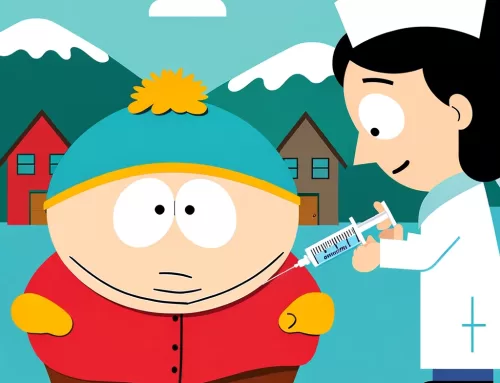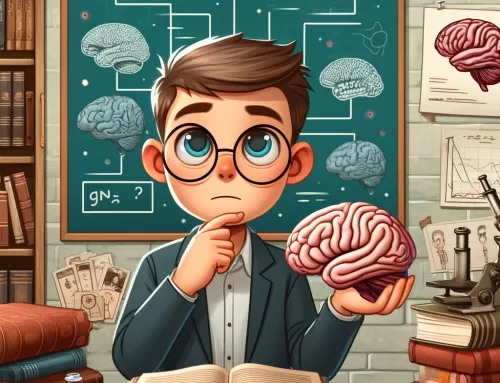 Of all the questions addressed in the field of psychology perhaps the most important relate to the issue of human plasticity, or in other words, the human capacity to change.
Of all the questions addressed in the field of psychology perhaps the most important relate to the issue of human plasticity, or in other words, the human capacity to change.
Harley Quinn’s transformation from esteemed psychiatrist Dr. Harleen Quinzel into a villain and then into a crime-fighting hero is emblematic of the human capacity for change, highlighting the complexities of identity, the impact of relationships on personal growth, and the perpetual quest for redemption and self-discovery.
Initially, as a promising psychiatrist at Gotham’s Arkham Asylum, Dr. Quinzel’s descent into the persona of Harley Quinn after her interaction with the Joker highlights several psychological themes, including identity crisis, the influence of manipulation and toxic relationships, and the struggle for self-identity and redemption.
- Manipulation and Toxic Relationships: The Joker, known for his manipulative prowess, preys on Quinzel’s empathy and desire to help, ultimately leading her to question her identity and ethics. This manipulation can be seen as a form of psychological abuse, leading to Stockholm Syndrome, where the victim sympathizes with and supports their abuser. Her transformation into Harley Quinn can be interpreted as a loss of self, submerged by the overpowering identity of the Joker.
- Identity Crisis and Dissociation: Adopting the Harley Quinn persona signifies a dissociation from her previous identity. This can be a defense mechanism against the cognitive dissonance she experiences – the conflict between her professional ethics and her actions. This transformation illustrates how individuals can lose themselves in an attempt to reconcile conflicting aspects of their identity.
- Empowerment and Self-Discovery: As Harley Quinn evolves, she often oscillates between villainy and heroism. Her journey towards becoming a crime-fighting superhero can be seen as a quest for redemption and a reclaiming of her agency and identity outside of the Joker’s shadow. This phase signifies growth and self-discovery, as she learns to channel her intelligence, empathy, and resilience towards more positive ends.
- Resilience and Redemption: Harley Quinn’s shift towards heroism reflects a psychological resilience and a desire for redemption. It showcases her complex nature—a blend of vulnerability and strength, chaos and clarity. Her evolution is a narrative of overcoming past traumas, seeking forgiveness (from herself and others), and striving for a sense of purpose and belonging outside of her previous villainous identity.
- The Role of Community and Relationships: Harley’s interactions with other characters, especially within groups like the Suicide Squad or Gotham City Sirens, play a crucial role in her evolution. Positive relationships and a sense of belonging in these groups can help mitigate the effects of past abuses and support her journey towards heroism. It’s through these new connections that she often finds the strength to fight against injustice.




